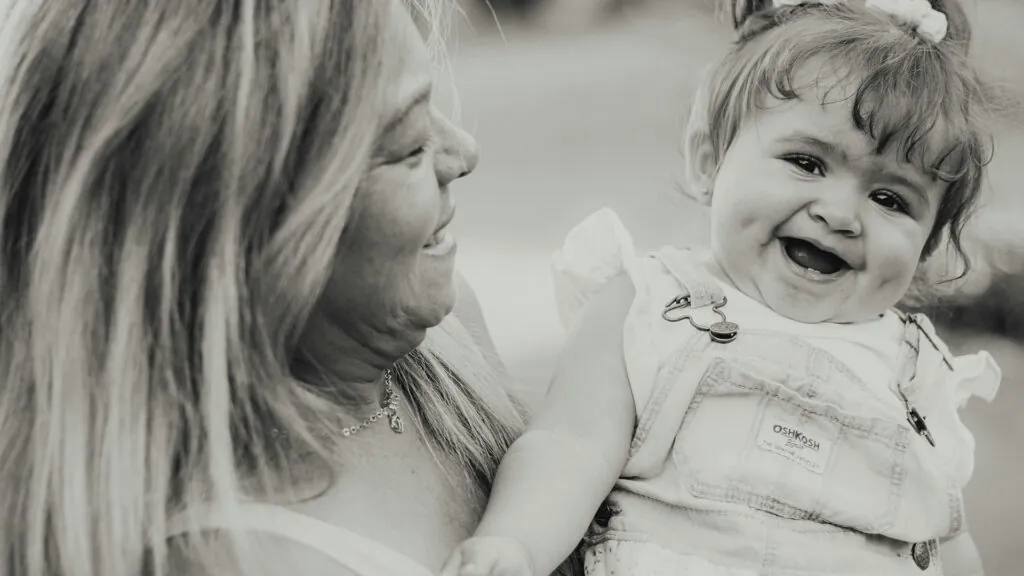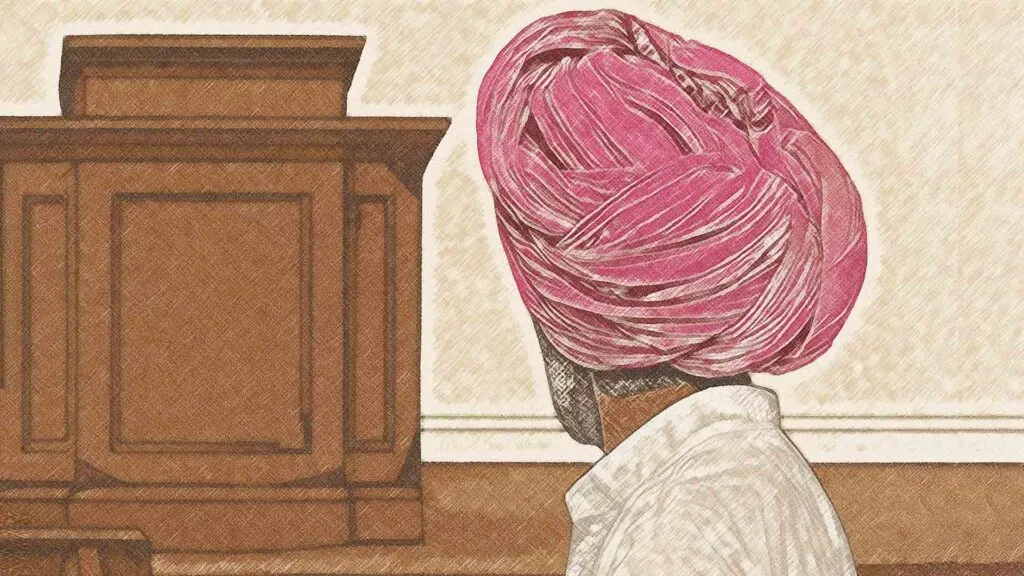
Assorted
The definition of patience
Patience. It’s a word we would never bother looking up in the dictionary because we already understand its meaning. But sometimes a well-known word can leap to life with new meaning and application when we read its formal definition. So consider what Dictionary.com has to say about patience.
Patience: putting up with annoyance, misfortune, delay, or hardship, with fortitude and calm and without complaint, loss of temper, irritation or the like. It is an ability or willingness to suppress restlessness or annoyance when confronted with delay.
Wow. Simply put, patience means not showing annoyance or anger with people or things that aren’t acting as we desire! From this definition we can deduce that we are very often…. not patient!
This definition leads me to believe that the practice of “patience” or “impatience” relies almost completely on the words that come out of our mouths and the body language that we exhibit (heavy sighs, eye-rolling, stomping, slamming doors) when we do not like what is being said or done. Is patience an attitude then, or an action?
Love is patient
It definitely starts with an attitude – we have to decide how we are going to react, and we do that by recognizing what is right and wrong and then making our choice.
In 1 Corinthians 13, Paul tells us that, “Love is patient.” That means that love puts up with "annoyance, misfortune, delay, and hardship with fortitude and calm and without complaint, loss of temper, or irritation." It means love is the "ability or willingness to suppress restlessness or annoyance."
In Romans 12:9-21 Paul tells us how to behave like Christians. Part of that includes verse 12, which states, “rejoice in hope, be patient in tribulations, be steadfast in prayer.” That means that when we have tribulation (which means trials, troubles, problems, aggravations) we are supposed to put up with them with fortitude and calm and without complaint, loss of temper, or irritation; we are to suppress restlessness and annoyance.
Excusing ourselves
But patience is not easy, and it has become difficult to recognize right from wrong because our culture not only excuses impatience, it exalts it as a right and a virtue. It is “only understandable” to be impatient in traffic or standing in line, when confronted with confused or ignorant people, or in obtaining whatever it is that we need or want. Television commercials suggest that we grab each other’s breakfast food, race to beat our spouse to the better car, and complain loudly whenever things displease us. Life is all about indulgence and not letting anyone or anything get in our way.
It is also very easy to excuse our behavior by blaming our impatience on our workload, our temperament, our upbringing, our heritage, our gender, or our age (whether young or old!).
Recognizing the sin of impatience
So let’s get the definition of patience correct first – let’s know right from wrong, because God tells us in several places that we are to be patient, including with family and church members.
How do we talk to and about our church family? 1 Thessalonians 5:14 tells us that as we “warn the unruly, comfort the faint-hearted, and uphold the weak,” we are to “be patient with all” of them. This is different than “tsk-tsking” as we look down our noses.
Paul tells us to express all the fruit of the Spirit spoken of in Galatians 5:22-23: love, joy, peace, patience, kindness, goodness, faithfulness and self-control. This involves not demanding our own perceived “rights” or our own way. It involves loving others more than ourselves for “love overlooks a multitude of sins” as well as mistakes and small differences (1 Peter 4:8). And it involves trusting God to take care of the details when there are delays and difficulties. We must drop the hurry and the worry about what others might think of us.
Either we are acting patiently, or we are not. God’s written and preached Word can give us strength that helps us choose patient behavior. We exhibit this fruit of the Holy Spirit best when we are walking closest to Him.
The Apostle Paul said in Romans: “So I find this law at work: When I want to do good, evil is right there with me” (7:21). So true. But having a better definition of this sin will at least help us to identify our inclination towards it, and make it less excusable.
God tells us to be patient: to put up with daily trials without complaint or irritation. The best news is that He promises strength through the Holy Spirit, and forgives our confessed sins daily as well.
“Faithful is He who calls us, who also will do it” (1 Thess. 5:24).
This article was first published in January 2017.






























